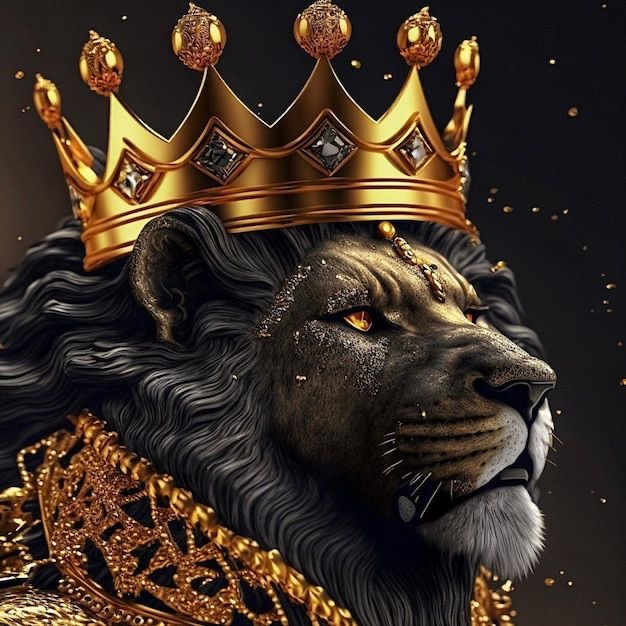By Ayomide Oriade
Nigerian beer and lager market has hitherto been dominated by two brewing giants, Nigerian Breweries Plc. owned by Heineken and Guinness owned by Diageo. With the brand portfolio of these giants, Nigeria is the biggest beer market in Africa. To break into such market and command a share, one will suppose it requires a masterstroke plan and strategy.
This is what International Breweries Plc. appear to have done with what could be termed the hurricane Trophy which has been sweeping through the South Western part of Nigeria. For observers of the beer and lager market or members of the “Saint Bottles Cathedral” as it is fondly called in drinking circles, Trophy is commanding astonishing consumption rate like never before. Retail outlets now stock it more and the Honourable bottle is widely accorded respect on loyal drinkers’ table. Though the Ilesa Osun State brewed brand has been around for a long time, it may soon become the toast of beer consumers in the region noted for social merriments and owambe parties.
International Breweries commenced production in 1978 with the launch of Trophy lager and since then has been playing its mini local league within Osun State and some parts of the neighbouring Oyo and Ogun States. Residents of Lagos who visit these states come with report of Trophy as a major player in these three states. But for a brand battling for the name and money in the South West, Lagos is the ideal market. And Trophy soon found the wings of SABMiller to soar on.
While some major brewing giants buy into small brands to kill and silence their competition, Trophy’s local league status fetched it a partnership that has translated into notable brand awareness and traction. In 2012, SABMiller, a South-African brewing company and world’s second largest beer company, bought 72.9 % of International Breweries equity.
On venturing into the Nigerian market in 2009, the company made its intent clear to all: “We are a regional player,” said Simon Harvey, who was the head of SAB’s Nigerian businesses. Beyond those words, the company has displayed it knows how to weave a brand around peoples cultural roots and earn meaningful returns. Within few months of entry, SABMiller bought Port Harcourt-based Pabod Breweries, makers of Grand lager beer. It later established a $100 million brewery in Onitsha, which makes Hero lager. The Hero brand label features the rising sun, an icon of the local Igbo people. Today, the Hero brand is a household name in the South-East and South-South.
Replicating the strategy in the South-West, Trophy was branded around the cultural heritage of the locals with the pay-off line (Abinibi Yato) which resonates with the Yoruba people. The company, now with an advertising war chest, embarked on rigorous outdoor and online advertising campaign that reverberated across the region. The company also complemented the awareness with availability of the product. In major cities and sub-hubs, Trophy is visible and available. Another smart move was the introduction of Trophy 500ml disposable can which was different from what competitors had in the market. It gained traction especially during the festive period as it offers a very close quantity to what obtains in the bottle pack sizes.
The last six months has been that of rapid growth for the Trophy brand. Even the big competitors must be aware of this regional competitor. However, history has shown that sustaining brand equity requires greater effort. The current market performance of the Trophy brand is an indication that its promoters have done a good job. A greater job will however be needed to maintain the current success wave. But for its current regional market exploit, the ‘Honourable’ deserves a sign of respect.





Comment
No comments found.